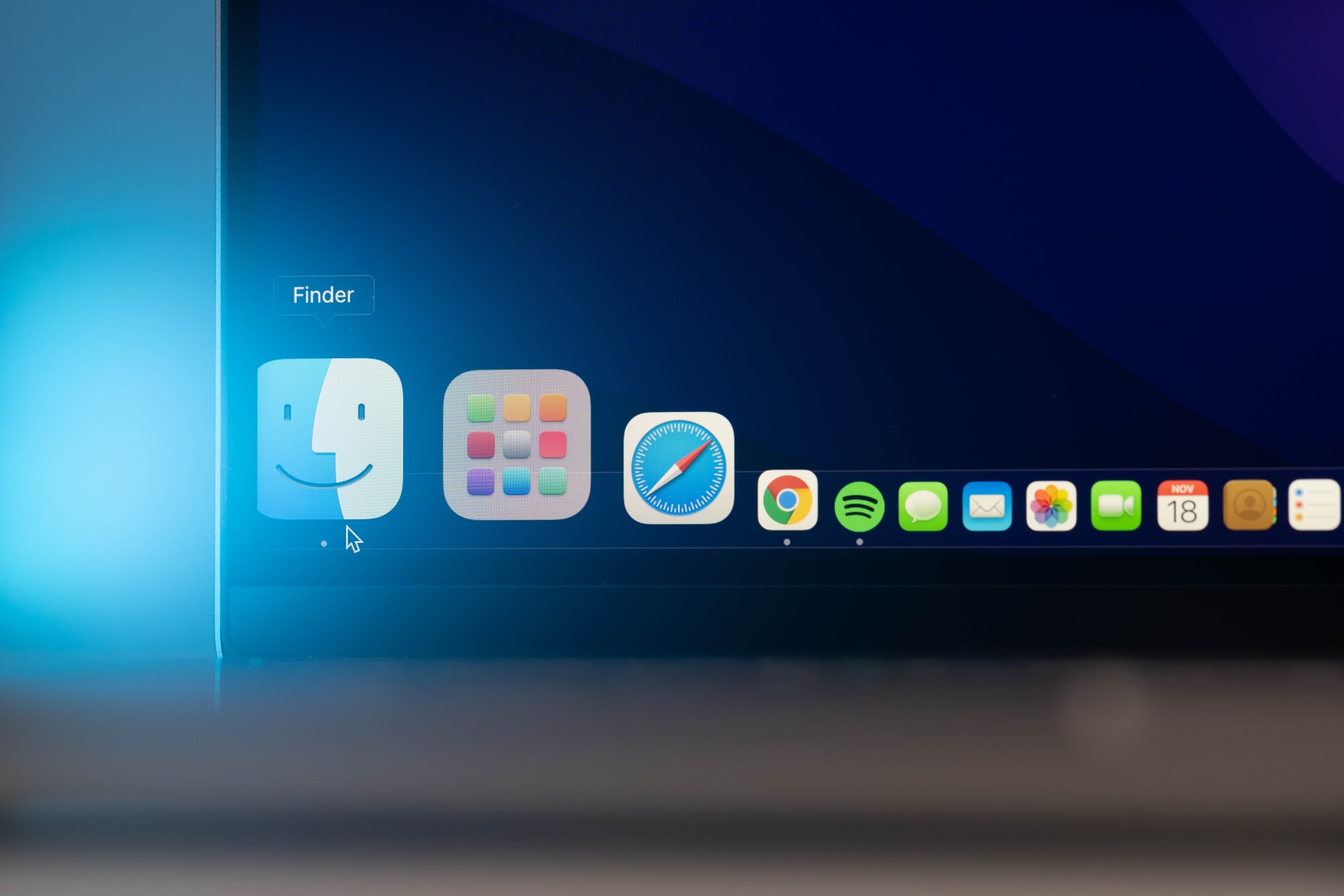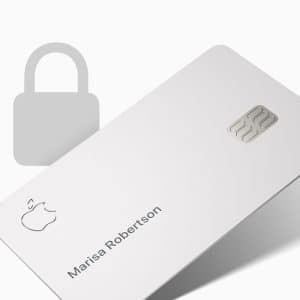Safari is the default web browser for macOS and is highly optimized for Apple hardware – but why should you use it over Chrome?
In performance tests, Safari has consistently outperformed competing browsers like Chrome and Firefox, particularly when it comes to energy efficiency on MacBooks. This is likely due to the fact that Safari is developed alongside macOS and Apple hardware, allowing it to be more finely tuned for optimal performance.
In fact, in our own testing using Browser Bench Speedometer 2.0, Safari scored a 344 on an M1 Max MacBook Pro while Firefox scored a 236. Similarly, in the JetStream JavaScript and WebAssembly benchmark, Safari scored 220.992 compared to Firefox’s score of 132.598. While these results should be taken with a grain of salt, they do give an idea of the relative performance differences between the two browsers.
But it’s not just in benchmark tests where Safari shines. In real-world use, webpages feel more responsive in Safari on the same MacBook compared to Firefox. This can make a significant difference in the overall user experience, from the speed at which a website renders to the smoothness of web apps like WordPress and Gmail.
In addition to its performance, Safari also offers a number of convenient features for Apple users. For example, Safari integrates well with other Apple products like iPhones and iPads. Using iCloud sync, users can access their tabs and shared favorites across all three platforms. The “Reading List” feature, which allows users to bookmark pages to read later, also syncs between devices. And in the upcoming macOS 13 and iOS 16 releases, Safari Extensions will be able to sync between devices when compatible counterparts exist.
Safari also has strong privacy controls, including attempts to thwart cross-site tracking cookies through a feature called “Intelligent Tracking Prevention.” This feature, which was introduced in 2017, hides IP addresses from trackers and caused some controversy among advertisers. In addition to this feature, Safari includes a pop-up blocker, the option to use the DuckDuckGo search engine instead of Google, and the ability to control which websites can access your microphone, webcam, location, and send notifications. Users can also access the Privacy Report by clicking on the ellipsis “…” button in the URL bar, which shows how many trackers are attempting to track the user, as well as a broader overview of their online privacy.
One particularly useful feature for Safari users is iCloud Keychain, which allows you to store your login credentials in the cloud and access them on any device. This can be especially convenient for users with multiple devices and accounts, as it allows for quick recall of login information and the use of two-factor authentication and strong, unique passwords. iCloud Keychain even scans your existing password database and alerts you if any passwords have been featured in known data breaches. The only catch is that this feature is only fully supported in Safari, so users of other browsers may not be able to take full advantage of it.
While Safari may not have all the features of other web browsers, it is a solid option for Apple users looking for a seamless experience across their devices. Its strong performance, integration with other Apple products, and privacy controls make it a compelling choice for those invested in the Apple ecosystem.







